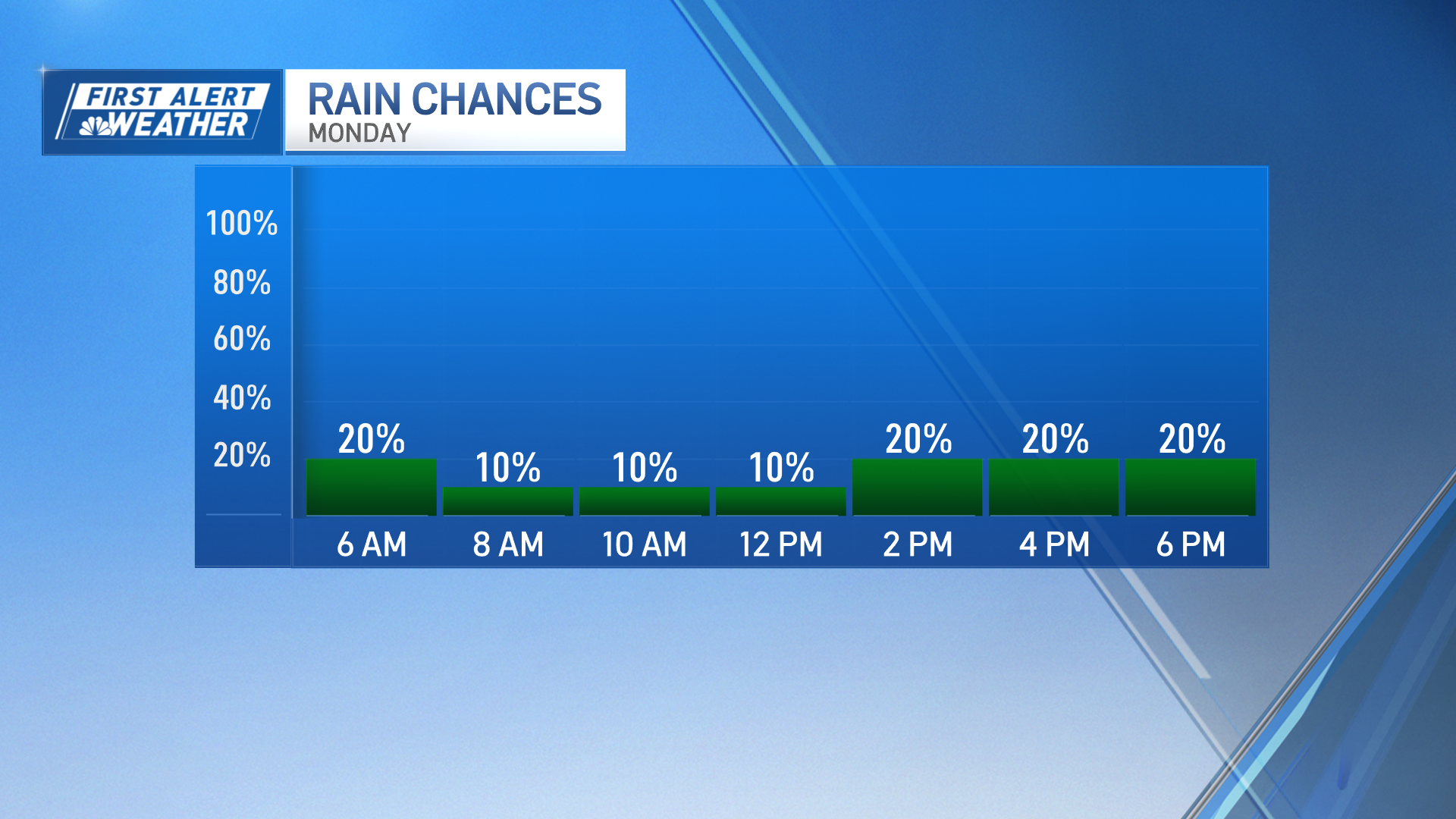Earth Day is the perfect time to tackle the annual tradition of spring cleaning. And if you’re thinking about decluttering your closet, you might want to be mindful of how you’re disposing of those items.
It is illegal to toss old clothing or other textiles in the trash in Massachusetts.
“Residents in the United States discard 28 billion pounds of clothing, shoes and household linens every year,” says Paul Curry, president of Bay State Textiles.
Finding a sustainable solution can be a daunting task, but donating unwanted textiles in Massachusetts is easier than you think.
Get Boston local news, weather forecasts, lifestyle and entertainment stories to your inbox. Sign up for NBC Boston’s newsletters.
“We've got millions of people that are using our boxes, you know, throughout Massachusetts and Connecticut,” says Curry.
His company partners with schools and communities to create a sustainable process for donating clothes and other unwanted textiles. You can find their white donation boxes in more than 100 towns across the state.
“The public, if they don't have any options, obviously it's going to go into the trash,” he says. “And once it hits the landfill, you know, this stuff takes, you know, hundreds, thousands of years to break down.”
Local
In-depth news coverage of the Greater Boston Area.
If you’re looking to donate any clothes or other textiles, make sure they are clean and dry. The material can be in any condition.
That includes heels, coats, backpacks, belts, curtains, and even stuffed animals.
45% of wearable clothing is reused, 30% is cut into wiping rags and 20% are given a second life by breaking down the textile into other reusable materials.
“It's used in, mattress padding, car seats, insulation and the several other, products it can be turned into,” says Curry.
But recycling textiles isn’t only about the environmental benefits.
“When I started… the model, we specifically work with municipalities,” says Curry. “We go in and we tailor the program for the municipality.”
Thanks to a decades-long partnership with Weymouth Public Schools, these bins are helping more than just the planet.
“Chapman Middle School has three bins, one for each grade level,” says Betsy Harris, Weymouth Public Schools Community Relations Liaison.
Through the Bay State Textiles box program, schools get $100 per ton generated for their community.
“It earns funds for the schools as well,” she says. “Some of the things that have, been purchased with these funds include things like, recess equipment, playground equipment, library books.”
To date, the school program has prevented over 900 tons from entering landfills, earning back around $94,000.
“The fire station is hosting a couple bins, and the funds from those bins are providing, CPR cards for students and staff that take CPR certification courses,” says Harris.
The bins are also used as an educational tool at schools. Students not only learn about the importance about recycling, but actively participate in it.
“They're bringing that home to mom and dad,” says Curry. “If the kids are seeing mom and dad throw something away, they're going to stop them. So the kids are teaching mom and dad to recycle, which is it's a good thing.”
If you plan on recycling some textiles, make sure everything is in a bag.
Some things you don’t you can’t donate include mattresses, mattress pads, foam products ,carpet remnants, rugs, and couch and lawn furniture cushions.



